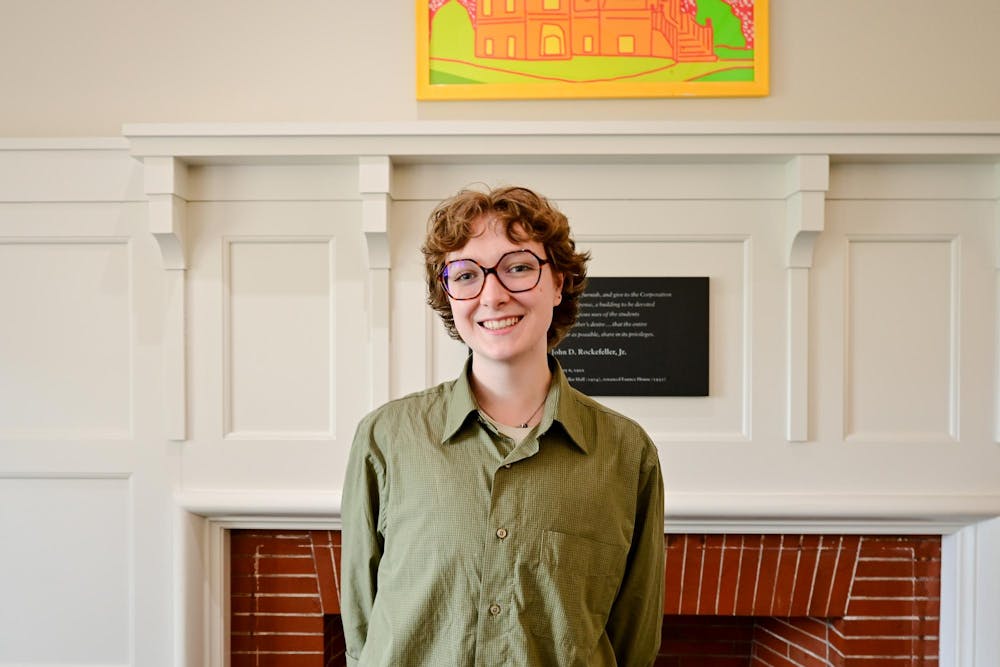Computational biology student Skylar Walters ’26 was one of 441 students nationwide awarded the prestigious Goldwater Scholarship last month.
The award is “the premier scholarship for Americans who pursue STEM as undergraduates,” said Brenda Rubenstein ’07, associate professor of chemistry and physics and incoming director of Brown’s Data Science Institute. Rubenstein advised Walters on her scholarship application, which is open to sophomores and juniors engaged in STEM research.
Rubenstein, who was awarded a Goldwater Scholarship in 2006 while at Brown, described Walters’s application as “phenomenal.”
Walters is “exactly the kind of person who should receive this,” Rubenstein said in an interview with The Herald. “She has a lot of ideas and capability and is deeply creative.”
Before Walters’s junior year, she joined the Surveillance of Infectious Disease Lab at Brown, where she contributed to work on the Ebola virus. Shortly after, she launched her own research project under the guidance of Katherine Siddle, a molecular microbiology and immunology professor.
“Skylar seems to thrive on these challenges and finding ways to overcome them,” Siddle said, adding that Walters is “very good at making connections between her classes and the research in the lab, which brings a fresh perspective.”
Walters’s research project involved creating a deep learning model designed to identify unknown viruses from gene data sets. As part of her work, she is examining a data set, which contains 500 cases of fever in Senegal with causes that have not yet been identified. Her model aims to identify the viruses causing the fevers.
In the future, she hopes her model can be developed into a diagnostic tool. “This could become a way to understand disease ecosystems,” she said in an interview with The Herald, adding that the model can be applied in research on the human gut microbiome.
Walters knew that she wanted to research viruses when she arrived at Brown, but didn’t know exactly what that research would look like. After accidentally sitting in on a computer science class at Brown, she was “transfixed.” Now, she “likes to use computer science to solve biological problems,” she said.
Walters plans to pursue a PhD in computational biology and bioinformatics. Eventually, she wants to teach a research-based course where students design their own projects.
Rubenstein hopes the scholarship will help Walters tackle “big scientific questions that will have large impacts.”





